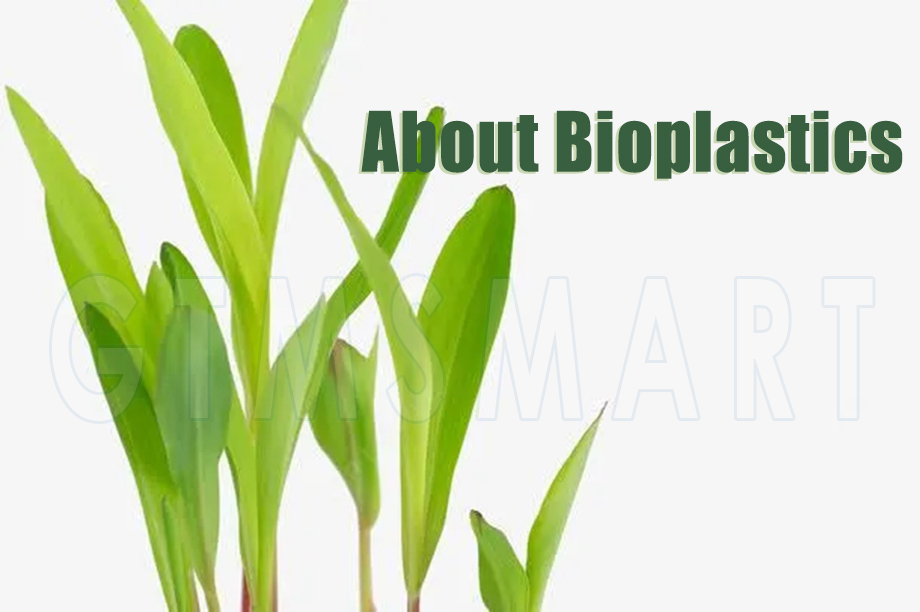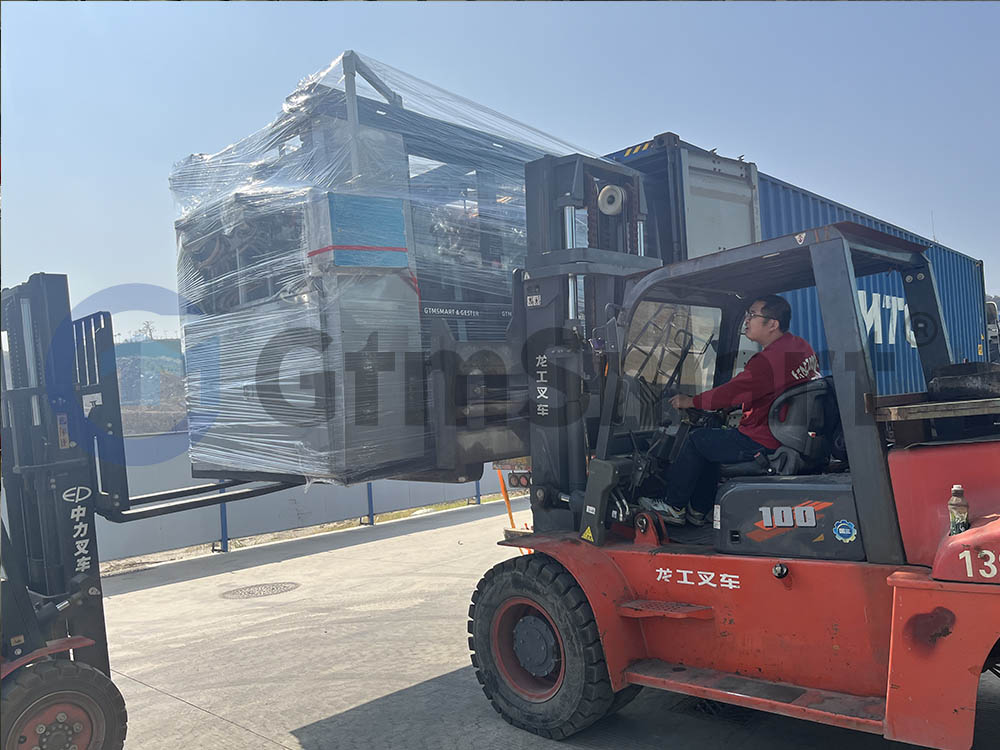Everything you need to know about bioplastics!
What is bioplastics?
Bioplastics are derived from renewable raw materials, such as starch (such as corn, potato, cassava, etc.), cellulose, soybean protein, lactic acid, etc. These plastics are harmless or non-toxic in the production process. When they are discarded in commercial composting facilities, they will be completely decomposed into carbon dioxide, water and biomass.
- Bio-based plastic
This is a very broad term that means plastic is made in part or in whole from plants. Starch and cellulose are two of the most common renewable materials used to make bioplastics. These ingredients usually come from corn and sugar cane. Bio-based plastics are different from common petroleum-based plastics. Although many people believe that all “biodegradable” plastics are biodegradable, this is not the case.
- Biodegradable plastics
Whether plastic comes from natural materials or oil is a separate issue from whether plastic is biodegradable (the process by which microbes break down material under the right conditions). All plastics are technically biodegradable. But for practical purposes, only materials that degrade over a relatively short period of time, usually weeks to months, are considered biodegradable. Not all “bio-based” plastics are biodegradable. Conversely, some petroleum-based plastics degrade faster than “bio-based” plastics under the right conditions.
- Compostable plastics
According to the American Society for Materials and Testing, compostable plastics are plastics that are biodegradable in a composting site. These plastics are indistinguishable from other types of plastic in appearance, but can break down into carbon dioxide, water, inorganic compounds and biomass without toxic residues. The absence of toxic residues is one of the features that distinguishes compostable plastics from biodegradable plastics. It is also important to note that some plastics can be composted in a home garden, while others require commercial composting (the composting process happens faster with much higher temperatures).
Machine innovation for your healthier & our greener world!
Show you the HEY12 Biodegradable Plastic Cups Making Machine
1. High efficiency, energy saving, safety and environmental protection, product qualified rate.
2. Saving labor costs, improved product margins.
3. Stable operation, low noise, high yield and so on.
4. Machine is controlled by PLC touch screen, easy operation, steady cam running durable, production speedy; by installing different molds can produce different plastic products, reached a multi-purpose machine.
5. Accommodate a wide range of raw materials.
Post time: Dec-30-2021


